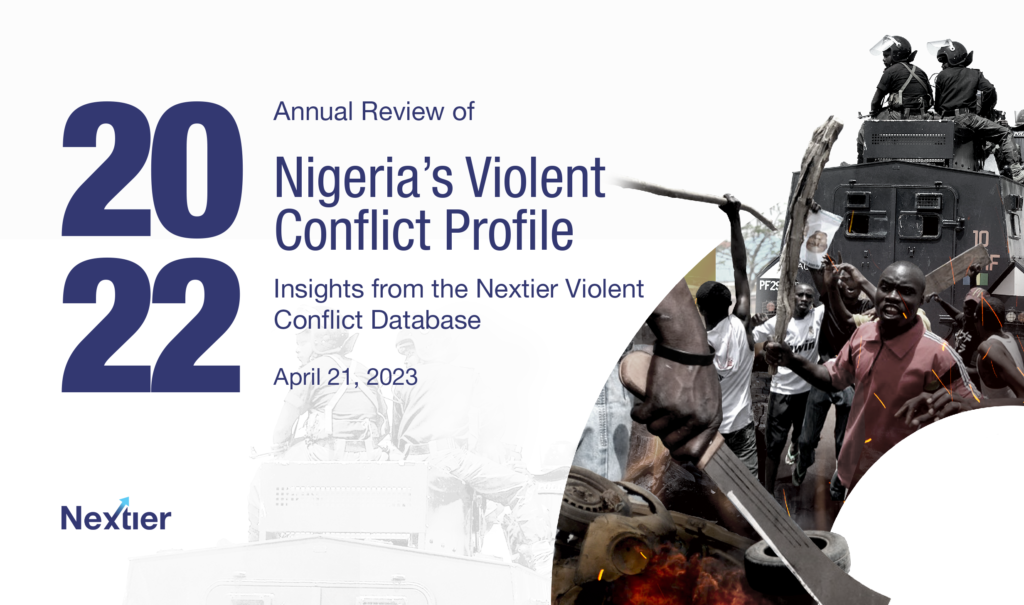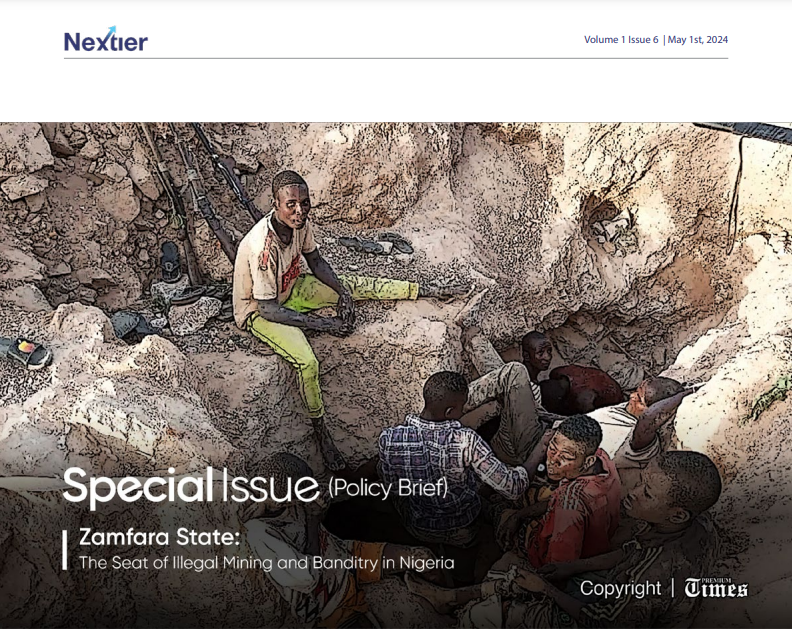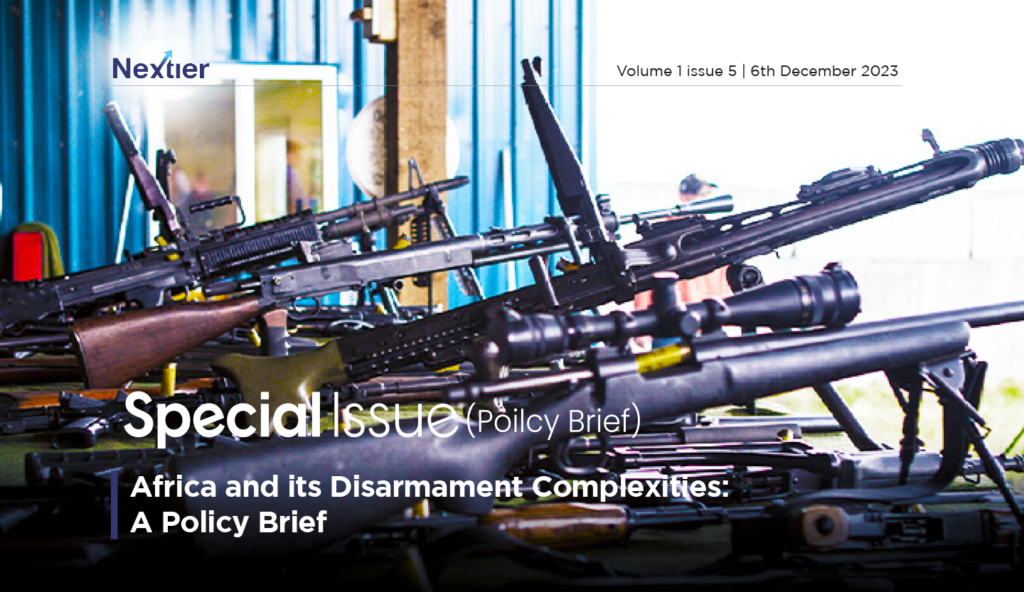Over 60,000 lives were lost to Nigeria’s security challenges in the last decade. Violent conflicts such as insurgency, banditry, farmer-herder disputes, gang wars and separatist agitations have continued to afflict the country. These issues have led to killings, property destruction, worsening poverty, and displacement. According to John Campell and Robert Rotberg (2021), “if a state’s first obligation is to provide security and maintain a monopoly on the use of violence, then Nigeria has failed, even if some other aspects of the state still function.” For them, the unchecked violence perpetrated by several criminal groups increasingly threatens the government’s grip on power.
Several socio-economic and political factors predisposed Nigeria to the current violent conflict profile. Some include arms proliferation, high unemployment, poverty rate, the politicisation of security agencies, and the misappropriation of resources. The culture of impunity among public officers propels a lack of accountability, misgovernance and failed institutions. Although the Nigerian government is implementing numerous measures to address these security concerns, the issues are still prevalent.
Click here to download report.



